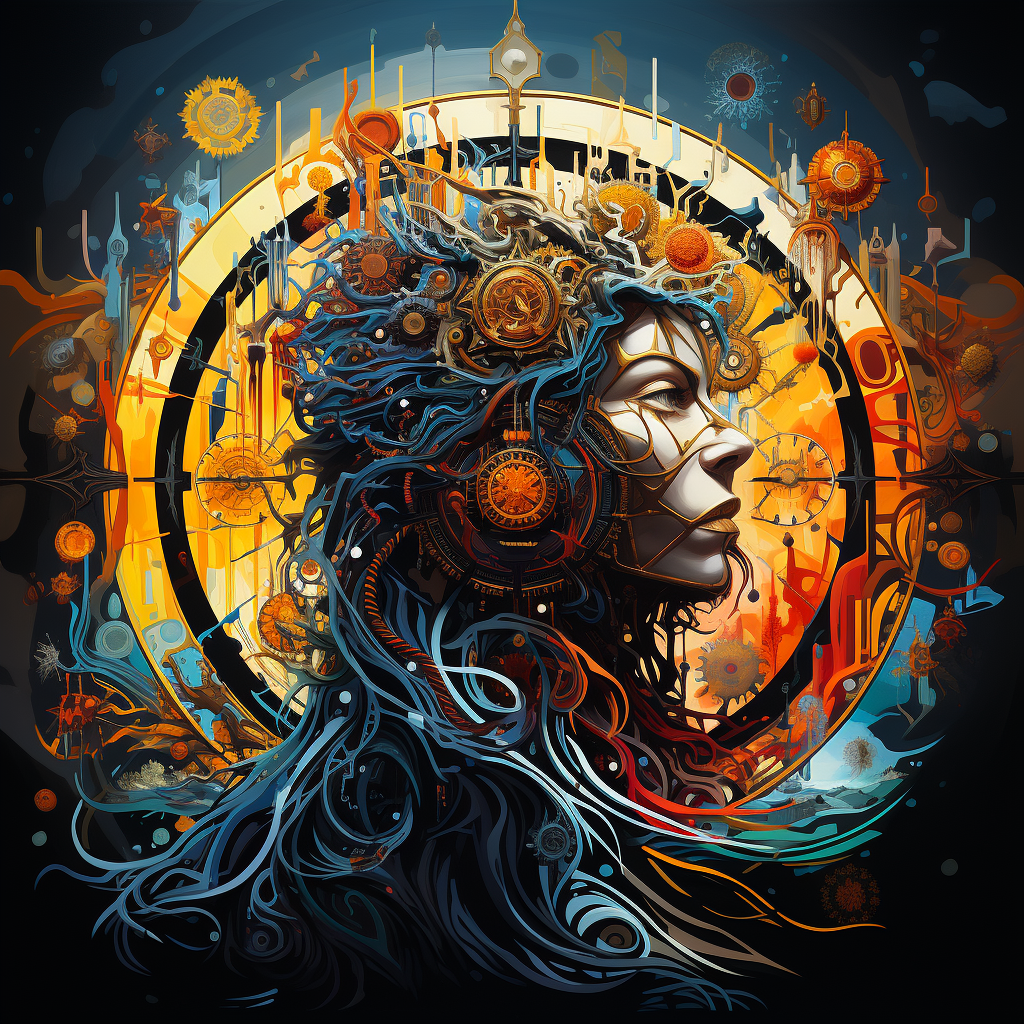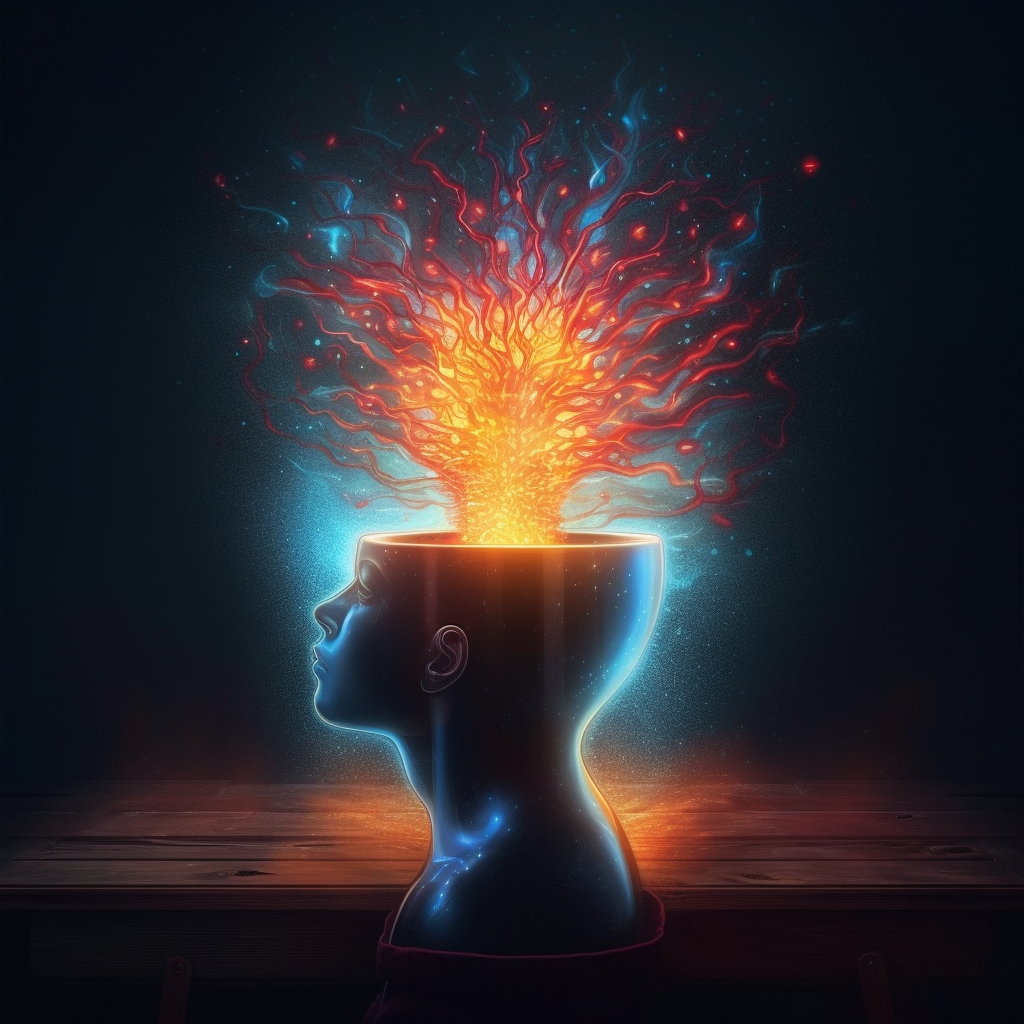Throughout human history, many have sought understanding and mastery over the internal force that defines our existence. From ancient scriptures to contemporary self-help guides, the quest for self-awareness and understanding the intricacies of the mind remains a consistent theme. This omnipotent force, whether termed as God, energy, divine infinity, love, or simply the ‘self’, underscores the importance of recognizing and harnessing the inherent power within us.
1. Ancient Texts
- The Upanishads (circa 800–500 BCE): These ancient Indian scriptures emphasize the realization of the Self (Atman) and its unity with the universal soul (Brahman). The knowledge and meditation on one’s Atman lead to liberation.
- The Tao Te Ching by Laozi: An essential text of Taoism, it promotes living in harmony with the Tao (translated as the “Way” or the “Path”). It speaks of an eternal force that is the source of all existence, suggesting that understanding this force is key to understanding oneself.
2. Classical Philosophies
- Meditations by Marcus Aurelius: As a Stoic philosopher and Roman emperor, Aurelius penned his reflections on the nature of the self, emphasizing personal virtue and wisdom as the path to true enlightenment.
3. Modern Reflections
- The Power of Now by Eckhart Tolle: Tolle delves into the concept of present moment awareness, emphasizing the transformative power of living in the ‘now’. By understanding our thoughts and distancing ourselves from them, we can tap into a deeper sense of self.
- The Seven Habits of Highly Effective People by Stephen R. Covey: Covey discusses the importance of principles and character ethics, laying a foundation for understanding one’s self and one’s motivations.
4. The Science of Mind
- Think and Grow Rich by Napoleon Hill: Hill introduces the idea that our thoughts create our realities. By harnessing the power of the conscious mind, one can influence the subconscious, leading to manifested desires.
- The Biology of Belief by Bruce H. Lipton: This work delves into the science behind our thoughts, asserting that beliefs can change our biology. Lipton suggests that by understanding the power of the subconscious, we can unlock our full potential.
The power within us is evident in these works, spanning cultures and millennia. While each offers a unique perspective on the matter, they all converge on one essential truth: recognizing, accepting, and focusing on this inherent power transforms our lives. Whether you see this force as divine, energetic, or simply as a deeper understanding of the self, it is indisputable that tapping into it provides a pathway to an enriched and enlightened life.
In the end, the journey is about self-realization, and these books and authors have provided signposts along the way. The quest is eternal, yet the power lies ever-present within us, waiting to be discovered.







